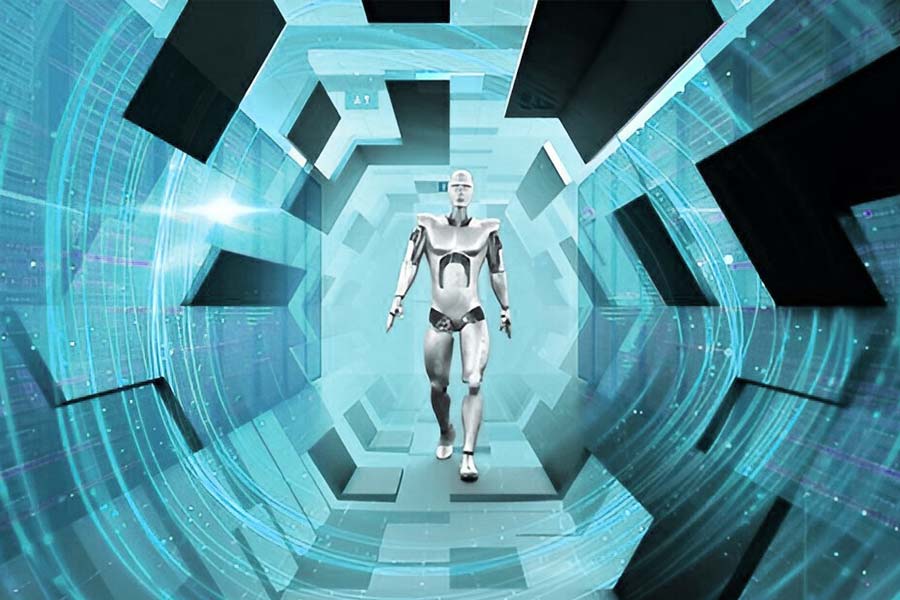Redefining the Way forward for Industrial Automation with Transparency and Collaboration with Manufacturing Skilled Himanshu Thaker
As manufacturing continues to evolve by means of digitization and cyber-physical methods, thought chief Himanshu Thaker helps form a extra clear, collaborative, and human-centric future on the manufacturing facility flooring. In his current look on Xraised, Thaker breaks down how next-generation automation instruments like collaborative robotics (cobots), explainable AI, and human-in-the-loop (HITL) methods are reshaping plant flooring to be not simply smarter, however safer and extra adaptive.
Cobots and Human-Centric Automation: Transferring Past the Cage
Not like the commercial robots of Business 4.0 that required security cages and remoted zones, the robotics revolution right this moment is outlined by clever cobots designed to work safely alongside human operators in actual time. Thaker explains how cobots, guided by security requirements like ISO 10218-1 and ISO/TS 15066, now come outfitted with real-time imaginative and prescient methods, predictive movement algorithms, and adaptive AI that acknowledge human posture, gestures, and even intent. This shift marks a decisive transfer towards collaborative manufacturing, the place people and machines co-create worth.
Additionally Learn: AiThority Interview with Tim Morrs, CEO at SpeakUp
Constructing Belief By way of Clear AI
Transparency is now not elective, particularly in industries the place security and accountability are paramount. Thaker advocates for using explainable AI instruments like Grad-CAM and LIME to make automation choices seen and comprehensible to frontline staff. In a single instance, weld defect detection methods offered visible overlays to indicate technicians why a specific weld was flagged, rising each belief and usefulness. His method is obvious: efficiency issues, however transparency is what ensures longevity and adoption.
Conserving People within the Loop – By Design
One of many key factors Thaker makes in his Xraised interview is that clever automation ought to improve, not exchange, human decision-making. By integrating HITL suggestions loops into areas like predictive upkeep or high quality management, AI methods can study repeatedly whereas preserving essential management in human fingers. This design philosophy protects human experience and transforms operational workflows into resilient, knowledge-rich ecosystems.
Human-First Mindset: The Way forward for Manufacturing
Thaker’s recommendation for leaders trying to future-proof their operations is: “Don’t deal with folks and know-how as separate lanes.” As an alternative, he urges producers to co-design methods with operator enter from day one, preserving institutional information whereas scaling innovation. His work demonstrates that essentially the most profitable manufacturing transformations are these the place operators really feel revered, engaged, and empowered.
Additionally Learn: Cognitive Product Design: Empowering Non-Technical Customers By way of Pure Language Interplay With AI-Native PLM
[To share your insights with us as part of editorial or sponsored content, please write to psen@itechseries.com]


